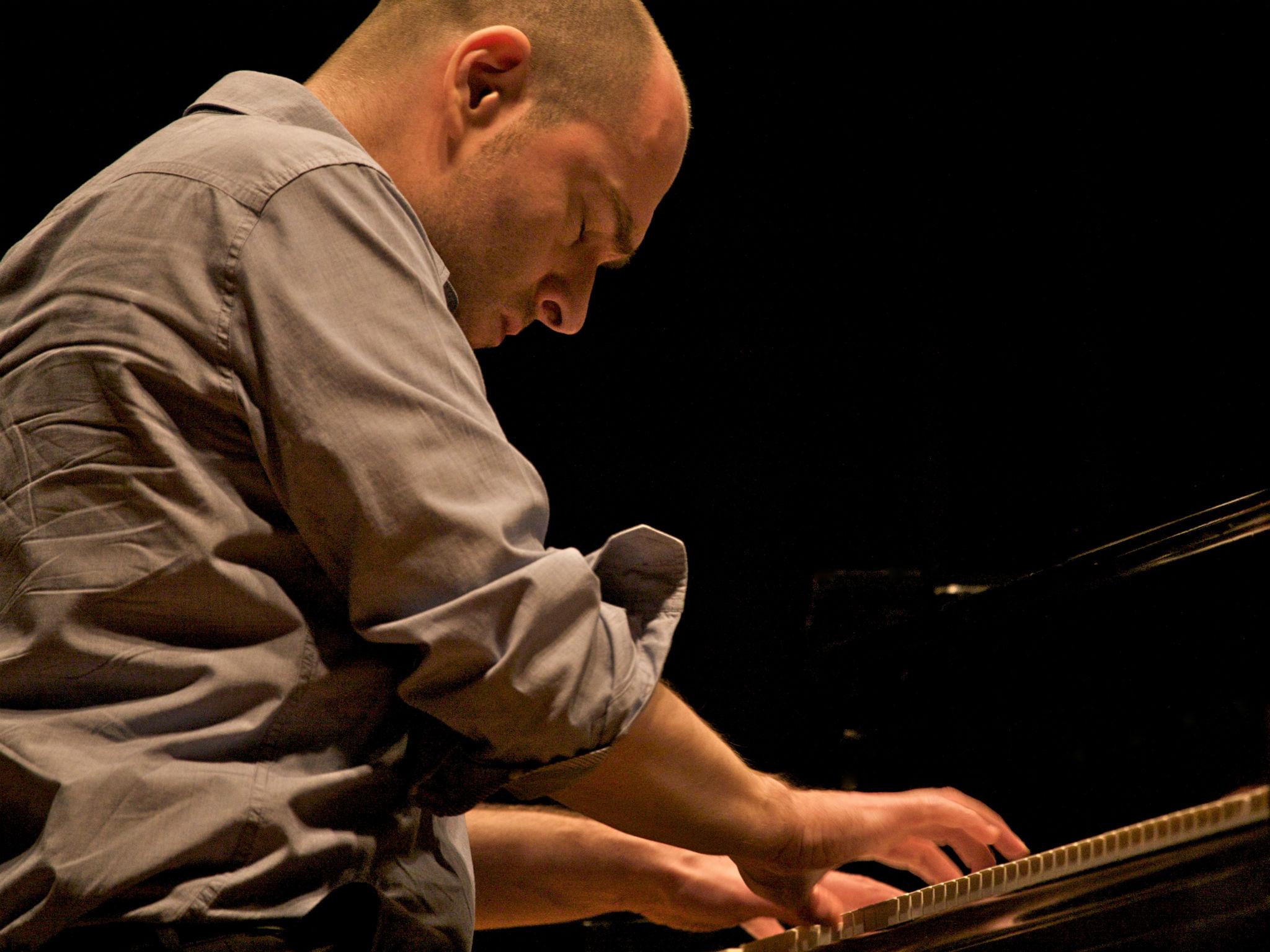Nick van Bloss, Wigmore Hall, London, review: Harnesses Tourette’s Syndrome to continue his career as a concert pianist
Nick van Bloss discovered that the ticks which plagued him disappeared at the keyboard

Nick van Bloss was on the verge of a brilliant career as a concert pianist when Tourette’s Syndrome – from which he’d suffered since he was seven – halted him in the middle of a competition he’d been tipped to win. For the next fifteen years, heartbroken, he didn’t touch the piano, but one day he realised that he could harness his enemy. He discovered that the ticks which plagued him disappeared at the keyboard: he made an acclaimed Bach recording, and cautiously returned to the stage.
His all-Beethoven programme at the Wigmore Hall was further evidence of - not a miracle-cure, but his inspired exploitation of this neurological malfunction. Starting with the gnomic 6 Variations on an Original Theme Opus 34, and continuing with the Sonata Opus 31 No 3 in E flat followed by the ‘Appassionata’, he played throughout with immaculately-articulated authority. The spaciousness with which he invested the variations high-lit their mystery, and he brought playful brilliance to the E flat sonata; the Scherzo was full of slap and tickle, the Menuetto emerged with a touch of menace, and, if his tempi had hitherto been on the slow side, the concluding Presto went like the wind. My only reservation with his ‘Appassionata’ concerned the Andante, which was too pulled-about to create the necessary calm before the Presto (which flew); the Allegro assai had thunderous grandeur.
Subscribe to Independent Premium to bookmark this article
Want to bookmark your favourite articles and stories to read or reference later? Start your Independent Premium subscription today.

Join our commenting forum
Join thought-provoking conversations, follow other Independent readers and see their replies